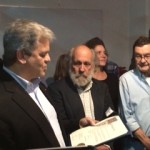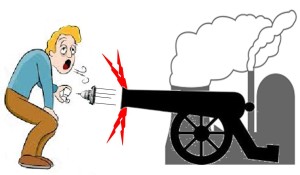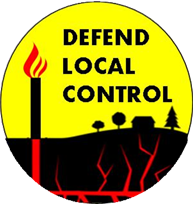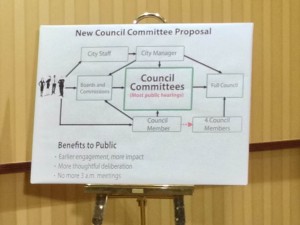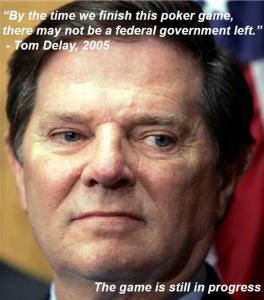At Mass Convergence on Washington, D.C., People Will Demand That Policymakers Address Barriers to Voting, Curb the Influence of Wealthy in Elections
Thousands of people will converge on Washington, D.C., this spring as part of an unprecedented movement to demand a democracy that works for all Americans, one in which everyone has an equal voice and elected officials are accountable to the people, not the wealthy.
The landmark three-day mobilization, called “Democracy Awakening” and scheduled for April 16-18, brings together two advocacy communities in one movement. Together, they will press for reform proposals focused both on restoring and expanding voting rights protections, and curbing the influence of wealthy interests and corporations on elections. Polls show that the public overwhelmingly agrees on the need for reforms in both arenas, but this will mark the first mass demonstration calling for change on both these fronts.
More than 100 groups representing a diverse array of issues are organizing Democracy Awakening. Lead organizations include the American Postal Workers Union, Common Cause, Communications Workers of America, Democracy Initiative, Every Voice Center, Food & Water Watch, Franciscan Action Network, Greenpeace, NAACP, People For the American Way, Public Citizen, Student Debt Crisis and U.S. PIRG. A list of all endorsing organizations is available here.
Democracy Awakening will feature a rally and march on Sunday, April 17, as well as targeted actions at the “Congress of Conscience” on Monday, April 18, that will call for voting rights protections, measures to curb the influence of money in politics and more. Democracy Awakening will include teach-ins and cultural events throughout the weekend.
For both money in politics and voting rights, the U.S. Supreme Court has eviscerated laws that once protected the voices and votes of everyday Americans. Congress has solutions in front of it, but has failed to pass them into law or even hold a hearing in the U.S. House of Representatives.
“That’s why it’s time for us to fight back on a scale that’s never been done before,” announces a video about Democracy Awakening created by Brave New Films.
City by city and state by state, a national movement is growing to ensure voters are fully heard. In communities throughout the country, voters have turned back efforts to impose discriminatory barriers to voting, won measures for public financing of local and state elections, and passed resolutions calling for a constitutional amendment to overturn the Supreme Court’s Citizens United decision and other rulings.
Solutions being sought as part of Democracy Awakening include legislation to restore the protections against voting discrimination that were struck down by the Supreme Court’s ruling in Shelby County, modernize voter registration, prevent deceptive practices that keep people from the ballot box and ensure equal access to voting for all.
Activists also will call for a constitutional amendment to overturn Citizens United and allow elected representatives to set commonsense limits on money in elections. They will press for increased disclosure of the source of election spending and public financing of elections.
Democracy Awakening will follow a march and demonstrations organized by 99Rise and Avaaz as part of a separate event called “Democracy Spring.” The march will go from the Liberty Bell in Philadelphia to the U.S. Capitol in Washington, D.C., in early April.
Stay tuned for more – THIS IS WHAT DEMOCRACY LOOKS LIKE!
